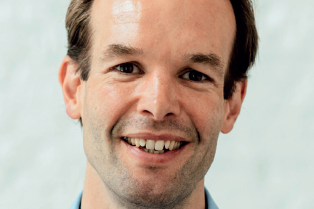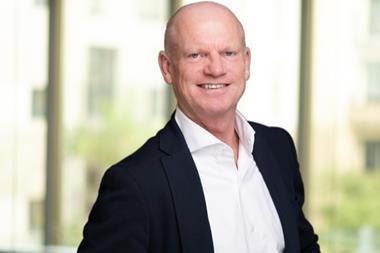Impact is the next chapter of investing but managers require the expertise and good systems to be able to achieve the expected social and financial objective, investors were told at the first-ever virtual IPE Real Assets & Infrastructure Global Investor Conference this week.
During a panel discussion, moderated by IPE Real Assets editor Richard Lowe, delegates were told about the growing interest among investors in impact investing, which goes beyond traditional environment, social and governance (ESG) considerations.
Charlotte Jacques, the head of real estate sustainability and impact investment at Schroders, said a conscious intent to deliver positive social and environmental impact from the beginning was crucial.
“What is really important is that you have that intent at the outset of the investment promise”, differentiating the concept from ESG which historically has been very much about understanding your environmental, social and governance responsibility as part of your day-to day-operation”, she said.
Stephen Tross, CIO of international investments at Bouwinvest Real Estate Investors, said: “We do not have impact investing as a separate category, but we do have ESG as a very important pillar of how we work.”
Tross said Bouwinvest sought to contribute the creation of sustainable, liveable cities, while delivering societal and financial returns.
Robin Hubbard, the head of real estate capital at Schroders, desribed impact investing as the next step beyond ESG, which had become essential for real estate investors, but also prone to “greenwashing” and box-ticking.
There is now a need for buildings to be “environmentally friendly and so on”, he said, but “impact is the next stage of that”.
Schroders incorporates ESG and impact into all its funds, he said.
This week, the company announced that it had raised £100m (€109m) for a social-supported housing fund with Civitas Investment Management, which will forward-fund purpose-built accommodation for adults with severe disabilities and significant mental health conditions.
Hubbard said investors are still interested in impact investing and he had seen a surge in enquiries from investment consultants in recent months.
Tross said financial returns went hand in hand with the societal returns, adding that affordable housing can generate attractive stable returns while providing social impact.
He said in the US, for instance, affordable housing is supported fiscal rules, such as the ‘Section 8’ housing assistance and low-income housing tax programmes, which require companies to demonstrate that they have appropriate systems in place.
Tross said investors often sold the social-housing part of bigger residential schemes to the benefit of a limited number of speclialists.
“The specialist manager is able to acquire the social housing part at a very attractive price point, because people want to get rid of that part of the development to focus on the non-regulated part,” he said.
Tross said that, with an efficient operating platform and “an attractive price point, you could still make good and double-digit returns”, thereby achieving both financial and societal returns.

















